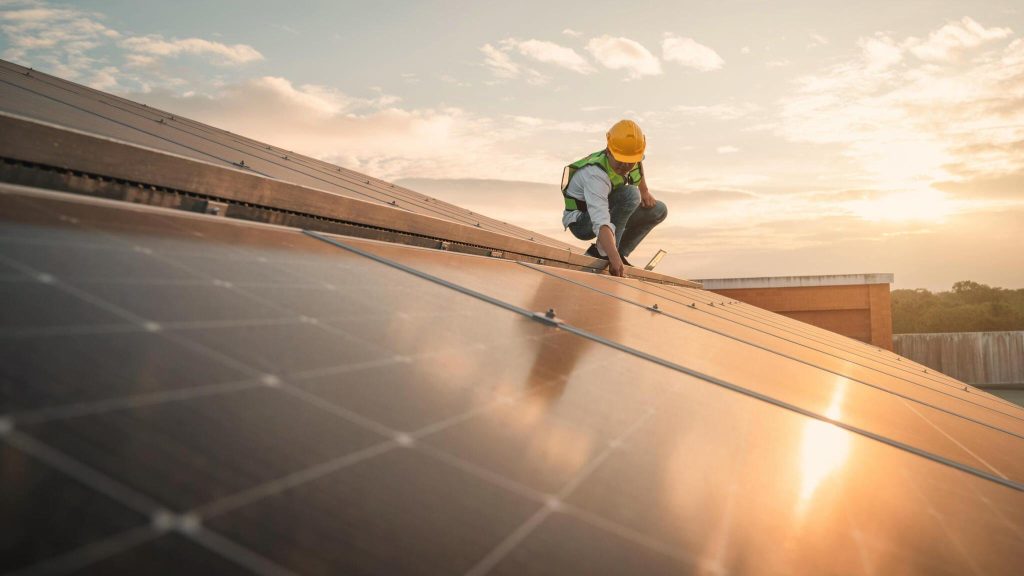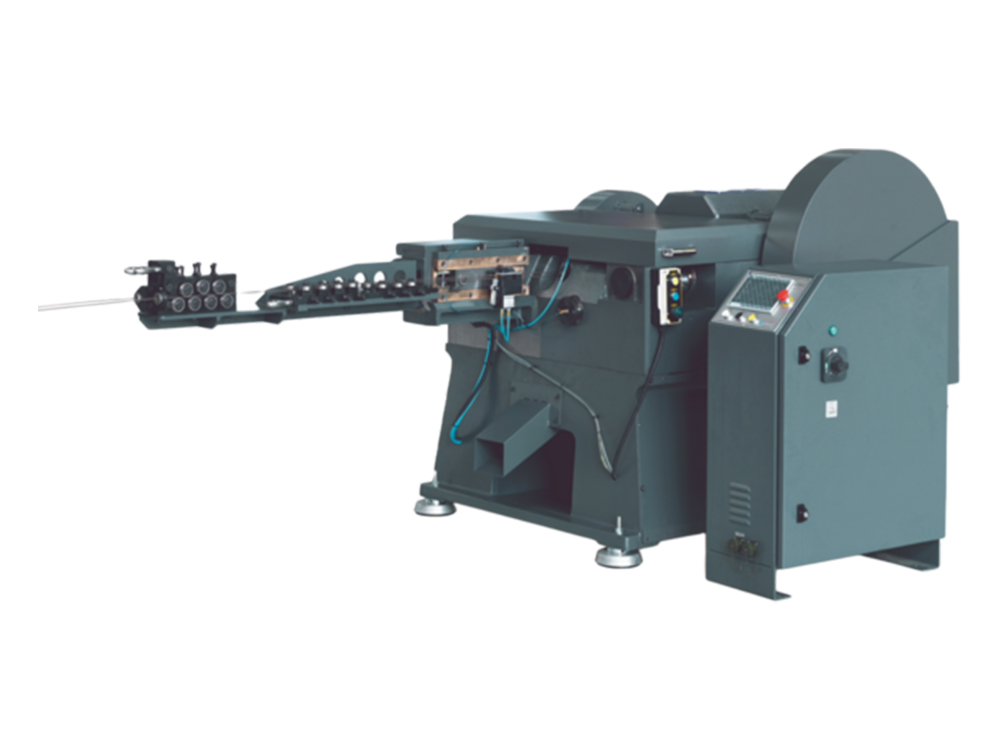Installing solar panels on roofs can save on electricity bills and generate additional income by selling surplus energy back to the electricity company.
Before investing in a solar panel system, homeowners must scrutinize the upfront costs and long-term benefits. It will help them determine whether the addition of solar panels resonates with their ethical beliefs and sustainability goals.
Cost-Effectiveness
If you have a roof that can benefit from solar panels, this system will help to reduce your energy costs. In addition, federal and state tax incentives are available to help offset some of the initial upfront expenses. Solar roof systems also reduce greenhouse gas emissions and are one of the most environmentally friendly energy sources. Unlike traditional power plants, generating electricity with solar shingles is clean and does not require water.
Before investing in a solar roof, carefully examine the long-term financial benefits to determine if this option is suitable. It is also essential to assess local laws regarding roof-integrated solar systems. For example, familiarize yourself with zoning laws prohibiting solar installation on your property. Lastly, consider whether the appearance of solar panels aligns with your personal aesthetics and other home design preferences.
Long-Term Financial Benefits
A solar roof can help homeowners significantly reduce their electricity bills, especially in states with abundant sunshine. Energy costs constantly increasing can save homeowners considerable money in the long run. In addition, homeowners may sell excess electricity back to the power grid.
Unlike fossil fuel-powered sources, solar power is a clean, renewable resource that doesn’t contribute to pollution. Homeowners can achieve energy independence and generate electricity with solar roofing systems.
Despite their initial upfront cost, solar roofs typically pay for themselves within a few years. Combined with tax incentives and other financial benefits, these roofs are attractive for homeowners seeking sustainable energy options.
Increased Home Value
Solar roof systems can do both if you want to save money on energy bills or contribute to reducing carbon emissions. However, these systems can come with a high upfront cost.
The good news is that many states and localities offer rebates or tax credits to offset the costs of the solar system. Additionally, a solar roof can increase your home value. Homebuyers see solar panels as an upgrade and are willing to pay a premium for homes with them.
Solar shingles resemble traditional shingles and seamlessly blend with your home’s aesthetic. These shingles can easily be installed by roofers using standard tools and techniques. The shingles are also durable and come with the strongest warranty in the industry. Additionally, many solar shingle systems have built-in monitoring, which allows homeowners to track their energy usage in real-time. It can help homeowners to understand how their system is performing and what changes may need to be made.
Environmentally Friendly
Solar roof systems are a great way to generate clean and renewable energy, helping reduce greenhouse gas emissions and reversing climate change. They also offer various financial benefits, from cost savings to government incentives and rebates. Additionally, homeowners who use solar energy for their homes often see a boost in resale value.
Many roofing companies now offer ‘ solar shingles’ that resemble traditional roofing materials and incorporate photovoltaic cells to produce electricity. This type of solar power, where the panels are integrated into the roof, is becoming increasingly popular. Customize the design to match your home and avoid unsightly panels on your top. Remember that the solar panels’ efficiency will depend on how much sunlight your roof receives. In cloudy or rainy weather, solar power production may decrease, although new technologies are improving the performance of these devices. New battery technology also offers more efficient and durable power storage options. Lastly, manufacturing solar panels requires toxic chemicals such as hydrofluoric acid and cadmium, which can harm the environment.

















